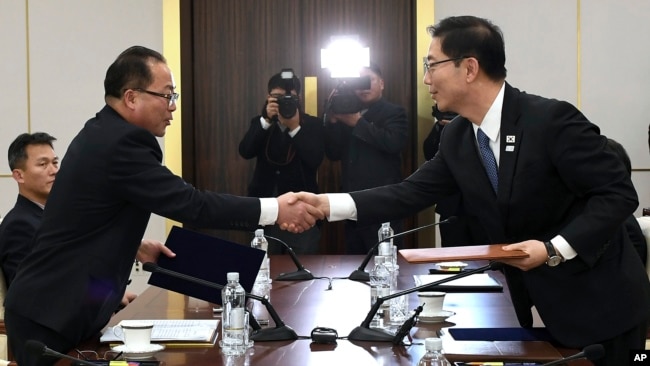- How about asking questions?
1 - There were crazy scenes in ________________.
2 - Shoppers fought and punched each other to buy ________________________.
3 - A nationwide chain of supermarkets cut the price ___________ per cent.
4 - The supermarket Intermarché launched a promotion on 950-gram jars of the sweet treat on _______________________________.
5 -The maker of Nutella is ________________.
6 - It said it had nothing to do with the discount. It tweeted: "The __________"
7 - "We condemn __________________________________”
8 - “The operation created ___________________________"
9 - The supermarket did not _______________________
10 - A store employee said they nearly called ______________________"
11 - A tweeter explained ___________________.
12 -She said: "French people eat it by the spoonful. I had it on toast for breakfast when _________________________"
- Read the article so as to find the answers
We’ve seen it before: Giant discounts on TVs or games consoles or perhaps the latest iPhone generate a frenzy among shoppers.
But in France, it seems, 70% off the hazelnut-and-chocolate spread Nutellan can also do the trick.
A supermarket chain slashed the price of the spread on Thursday. Videos on social media showed shoppers stamping on each other and shouting as they tried to grab the jars at the discounted price of about $1.75.
Some stores resorted to restricting sales to one jar per person, with several quickly running out of stock and having to turn away customers.
The spread is a favorite in France, often used for topping croissants and baguettes.
Ferrero, the product’s Italian maker, even has one of its biggest factories in Normandy, in northern France.
Ferrero, however, in an apparent attempt to distance itself from the hysteria, said that it had nothing to do with the promotion by the supermarket chain, Intermarché.
"We regret the consequences of this operation," the Italian company said in a statement, arguing the offer had "created confusion and disappointment in consumers' minds.
"People just rushed in, shoving everyone, breaking things. It was like an orgy," one employee in the northeastern town of Forbach told AFP, asking to remain anonymous. "We nearly called the police."
A tweeter explained how important Nutella is in France. "French people eat it by the spoonful. I had it on toast for breakfast as a child. And like with candy, grownups continue to eat it to connect with their inner child "
Sophie Chevalier, a French anthropologist and specialist in customer behavior, said the scenes were out of the ordinary.
“These are unusual in France, except when there’s a particularly exceptional sale, and more what we see in developing countries or where there’s a regular shortage of essential products,” Chevalier told Le Parisien.
“Would there be the same reaction to jars of pickles? Certainly not. It’s a question of the kind of product that explains this. Nutella is pure pleasure for children and to offer it at a bargain price obviously attracts lots of customers.”
Still, although it may seem bizarre to many, it's nice to know the French can still surprise us from time to time.
You can also watch the video by clicking on the Play Button


















